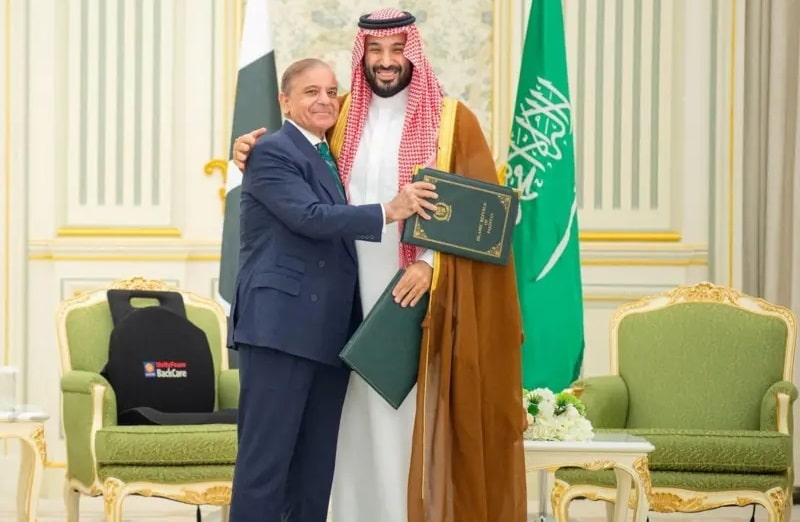Is the Pakistan-Saudi Arabia defense pact against Iran?
The magazine “Strategy” has examined the Pakistan-Saudi Arabia defense pact in an article that follows.
The recent defense pact between Pakistan and Saudi Arabia has attracted widespread attention across South Asia and the Persian Gulf. The agreement does not represent a rupture in existing alliances, but rather a continuation of the logic of “precautionary strategy” in the multipolar order.
For Saudi Arabia, diversifying security partners is part of a broader realignment that began with the Arab Spring, in which Gulf states have increasingly sought to reduce their overdependence on Washington while developing flexible relationships with middle powers.
For Pakistan, the pact provides a renewed strategic connection to the Gulf and economic reassurances at a time of internal fragility.
This defense agreement, framed within the dynamics of the precautionary strategy, illustrates how both countries manage uncertainties through a strategy that balances risks, expands options, and avoids firm commitment.
In international relations, the precautionary strategy is best understood not as a fixed category, but as a strategy identified by what it is not: neither full engagement with one power nor outright opposition to another. Instead, it occupies a vague space between “balancing” and “alignment with the dominant power,” designed to manage uncertainty and maintain autonomy in a competitive environment.
For the Gulf states, the precautionary strategy has been a response to the decline in US credibility, the emergence of alternative poles of power, and the need to diversify economic and security dependencies.
The Pakistan-Saudi Arabia defense pact must be placed within this broader strategic paradigm. While the agreement may appear to affirm a long-standing bilateral relationship, its timing and framing suggest a conscious effort to embed defense cooperation within a precautionary strategy calculus that extends beyond the bilateral relationship.
Riyadh and Islamabad are reconfiguring their foreign policy not by rejecting long-standing patrons but by pursuing flexible commitments in a multipolar space.

